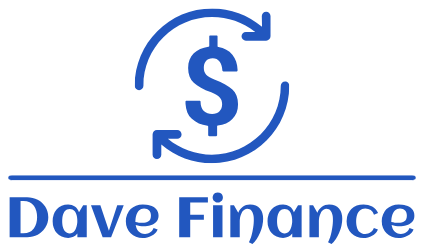Robbins LLP, a law firm specializing in shareholder rights litigation, has reminded investors of a class action lawsuit filed on behalf of those who purchased or acquired Lyft, Inc. (NASDAQ: LYFT) common stock between February 13, 2024, at 4:05 p.m. and February 13, 2024, at 4:51 p.m.
The lawsuit alleges that Lyft, Inc., which operates a peer-to-peer marketplace for on-demand ridesharing in the United States and Canada, made false and misleading statements regarding its margin expansion.
According to the complaint, Lyft issued a press release and accompanying Supplement Data announcing its year-end and fourth-quarter 2023 operating results after the market closed on February 13, 2024. The Lyft press release and Supplemental Data misrepresented in a bulleted line item that Lyft anticipated “Adjusted EBITDA [Earnings Before Interest Taxes Depreciation and Amortization] margin expansion (calculated as a percentage of Gross Bookings) of approximately 500 basis points year-over-year.” However, the basis point margin expansion was stated in error; in reality, the basis point margin expansion was just 50 points.
This misstatement reportedly set off an aftermarket rally, with Lyft’s common stock price increasing minute by minute. Lyft common shares had closed on February 13, 2024, at $12.13 per share. By 4:17 p.m., Lyft shares had increased to $15.59 a share and by 4:27 p.m. shares traded at $16.61. Lyft shares went on to trade as high as $20.25 by approximately 4:41 p.m. When defendants finally addressed the error, the stock began to decline, settling at $12.92 per share shortly after 4:50 p.m.
Investors who wish to participate in the class action against Lyft, Inc. must file their papers with the court by May 6, 2024. A lead plaintiff is a representative party who acts on behalf of other class members in directing the litigation. Shareholders pay no fees or expenses for representation in this matter.
Robbins LLP is known for its expertise in litigating securities class actions and has been dedicated to helping shareholders recover losses, improve corporate governance structures, and hold company executives accountable for their wrongdoing since 2002. The firm has obtained over $1 billion for shareholders since its inception.

